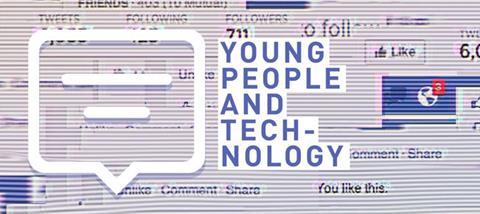
Online can be a scary place. Wonderful, sure. Packed with information, of course. Full of new opportunities, absolutely. But still, pretty scary at times.
How do we, as Christians, engage with militant atheists online, particularly through social media?
Social media is obviously an integral part of today’s youth culture. Our young people are ‘digital natives.’ While we had to actively learn how to use new media, they grew up with Facebook, Twitter, smart phones, tablets and computer games.
Our social media profiles will often be the first contact with God that a non-Christian will have. That’s a lot of pressure, but it’s also an amazing opportunity. Digital expert Dr Bex Lewis says, ‘The Good News will not spread itself on the internet… we have to think of ourselves as ‘digital disciples.’ But how do we do this when we often encounter so much backlash, disagreement and even aggression?
We need to remember that behind each profile is a person. A person who, like us, is made in the image of God and who, beneath the vitriol and puffed up bravado may be desperately seeking purpose in a seemingly hopeless world. We need to remember that we have that hope. We must, above all, be willing to lose the argument in order to win the person and point them to the cross of Christ – their life is more important than our pride!
We need to pray for wisdom in how and whether to respond and we also need to pray for situations to be turned around. Perhaps we will one day be able to echo the words of Joseph (of the technicolour variety!): ‘You intended to harm me, but God intended it for good to accomplish what is now being done, the saving of many lives’ Genesis 50:20.
Ruth Jackson is deputy editor of Premier Youthwork and Childrenswork magazines and head of youth apologetics. She will be delivering the session Reaching the Apathetic at this year's Premier Digital Conference on the 12th of November.Click here to book your tickets!






































